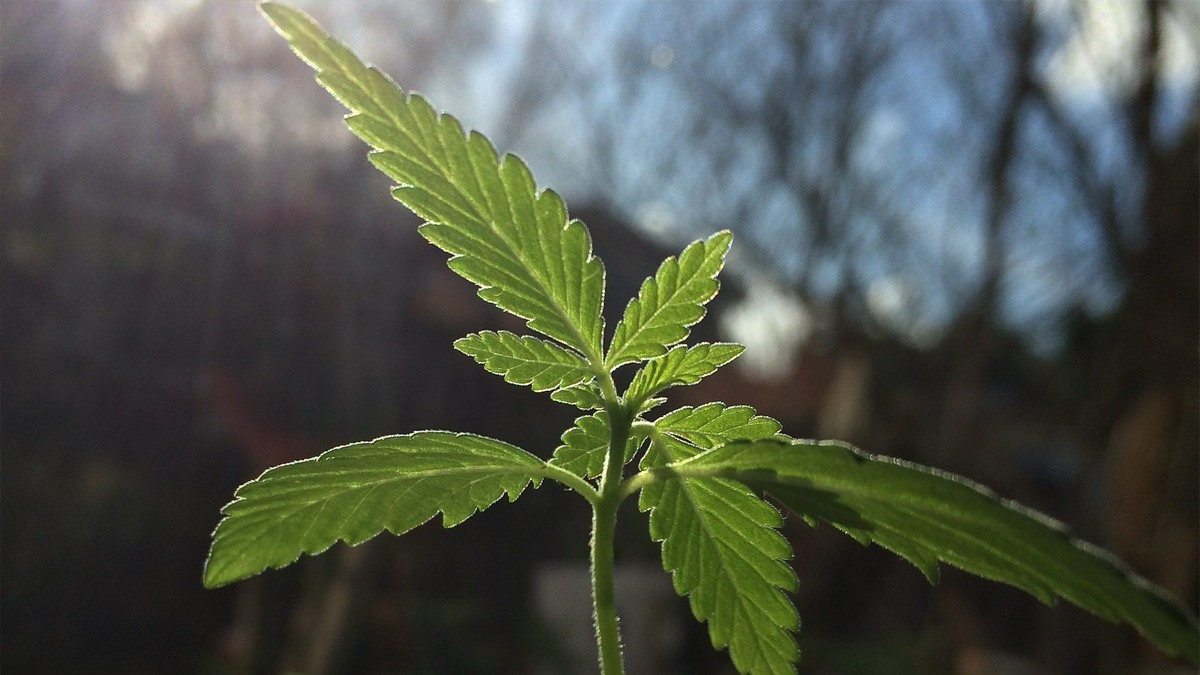
a:1:{i:0;a:3:{s:8:”template”;s:7:”wrapper”;s:4:”type”;s:10:”background”;s:5:”items”;a:2:{i:0;a:3:{s:8:”template”;s:7:”element”;s:4:”type”;s:5:”image”;s:5:”value”;a:38:{s:2:”id”;s:0:””;s:5:”class”;s:0:””;s:5:”image”;s:5:”12532″;s:14:”thumbnail-size”;s:4:”full”;s:7:”z-index”;s:0:””;s:7:”link-to”;s:13:”lb-full-image”;s:12:”custom-image”;s:0:””;s:9:”video-url”;s:0:””;s:7:”page-id”;s:5:”10796″;s:10:”custom-url”;s:0:””;s:18:”custom-link-target”;s:5:”_self”;s:17:”overlay-icon-type”;s:7:”default”;s:18:”overlay-icon-style”;s:8:”on-hover”;s:12:”overlay-icon”;s:13:”fa fa-android”;s:13:”overlay-image”;s:0:””;s:14:”enable-caption”;s:7:”disable”;s:9:”max-width”;s:0:””;s:9:”alignment”;s:6:”center”;s:13:”zoom-on-hover”;s:7:”disable”;s:13:”enable-shadow”;s:7:”disable”;s:22:”background-shadow-size”;s:0:””;s:23:”background-shadow-color”;s:0:””;s:25:”background-shadow-opacity”;s:3:”0.2″;s:11:”frame-style”;s:9:”rectangle”;s:13:”border-radius”;s:3:”3px”;s:15:”border-radius-2″;a:5:{s:3:”top”;s:0:””;s:5:”right”;s:0:””;s:6:”bottom”;s:0:””;s:4:”left”;s:0:””;s:8:”settings”;s:4:”link”;}s:12:”border-width”;s:3:”0px”;s:17:”overlay-icon-size”;s:2:”22″;s:24:”overlay-icon-size-custom”;s:4:”22px”;s:12:”border-color”;s:0:””;s:13:”overlay-color”;s:0:””;s:18:”overlay-icon-color”;s:0:””;s:23:”overlay-icon-background”;s:0:””;s:26:”overlay-background-opacity”;s:3:”0.6″;s:16:”3d-content-z-pos”;s:0:””;s:18:”left-right-padding”;s:6:”enable”;s:6:”margin”;a:5:{s:3:”top”;s:3:”0px”;s:5:”right”;s:3:”0px”;s:6:”bottom”;s:3:”0px”;s:4:”left”;s:3:”0px”;s:8:”settings”;s:4:”link”;}s:14:”padding-bottom”;s:4:”30px”;}}i:1;a:3:{s:8:”template”;s:7:”element”;s:4:”type”;s:8:”text-box”;s:5:”value”;a:18:{s:2:”id”;s:0:””;s:5:”class”;s:0:””;s:7:”content”;s:4728:”
Cannabis smokers are exposed to fewer toxic chemicals than cigarette smokers, according to a new clinical study published in the Nicotine & Tobacco Research journal.
Researchers from the University of Minnesota and the University of Wisconsin recruited 53 subjects to systematically test the differences in toxicant exposure between tobacco and cannabis smokers. The subjects included 16 people who exclusively smoke weed, 18 cigarette smokers who don’t smoke pot, and 19 people who regularly smoke both. To qualify for the study, cannabis users had to toke up at least once a week, and tobacco smokers had to puff at least 5 cigarettes a day.
Over the course of two separate laboratory visits, each subject was asked to self-report their recent tobacco and cannabis use. Researchers also conducted urine and breath tests at each visit to determine each subject’s exposure to harmful chemicals. The study authors were specifically looking for the presence of toxicants, or human-made synthetic chemicals, rather than toxins, which are naturally occurring compounds.
The study reports that the subjects who exclusively smoked cannabis “demonstrated lower levels of toxicant exposure for most biomarkers” than cigarette smokers. The researchers found similar levels of toxicants among subjects who exclusively smoked cigarettes and those who smoked both weed and tobacco. Both of these groups smoked a similar number of cigarettes, which suggests that smoking weed and tobacco together does not pose any greater health risk than exclusively smoking cigarettes.
All tobacco smokers in the study had higher levels of exhaled carbon monoxide than cannabis smokers. Cigarette smokers also showed higher levels of NNAL, a known carcinogen that only exists in tobacco products. The study authors also report that subjects who smoked cigarettes exclusively had higher levels of 2-HPMA, a metabolite of cancer-causing propylene oxide, than weed smokers or co-users.
Although the small size of this study makes it difficult to draw final conclusions on the issue, it does back up prior research suggesting that smoking cigarettes is way riskier than smoking weed. One recent study found that regular tobacco use causes far more damage to human DNA than cannabis, while another concluded that tobacco smokers are more likely to develop secondary cancers than pot smokers.
Broader research studies have also found that cannabis users are generally less likely to develop cancer than non-users, and some researchers have even discovered that cannabinoids can effectively kill certain kinds of cancer cells.
The growing wave of cannabis legalization may help inspire cigarette smokers to kick the habit as well. Recent studies have found that medical cannabis users are more likely to cut back their nicotine intake and that young adults across the US are smoking more weed and less tobacco.
Chris Moore via (https://merryjane.com/news/weed-smokers-are-exposed-to-fewer-toxic-chemicals-than-cigarette-smokers-study-finds)
Keep out of reach of children. For use only by adults 21 years of age or older.
“;s:10:”text-align”;s:4:”left”;s:24:”apply-the-content-filter”;s:7:”disable”;s:14:”enable-p-space”;s:6:”enable”;s:9:”font-size”;s:0:””;s:19:”content-line-height”;s:0:””;s:19:”content-font-weight”;s:0:””;s:22:”content-letter-spacing”;s:0:””;s:22:”content-text-transform”;s:4:”none”;s:16:”tablet-font-size”;s:0:””;s:16:”mobile-font-size”;s:0:””;s:10:”text-color”;s:0:””;s:16:”3d-content-z-pos”;s:0:””;s:11:”margin-left”;s:0:””;s:12:”margin-right”;s:0:””;s:14:”padding-bottom”;s:4:”30px”;}}}}}













